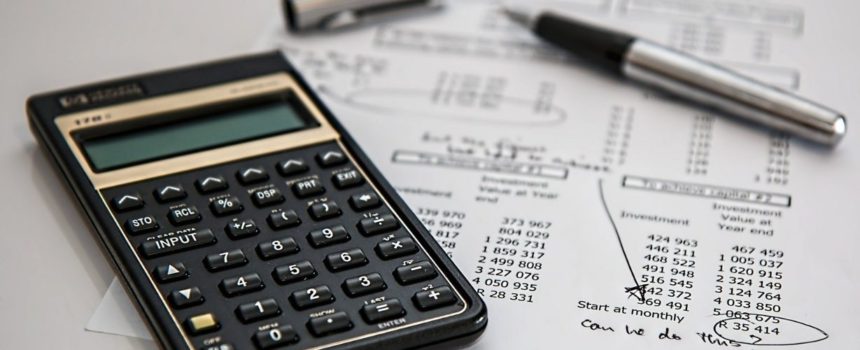Sales professionals who have the status of a statutory employee or are self-employed (independent from an employer) have the right to deduct business expenses from their overall tax amount. Additionally, the same applies even if you have a steady job (are employed) and work as an independent salesperson on the side.
But you have to be careful with the type of expenses you extract from the overall taxes since only those that are strictly related to your business are accepted. Therefore, we put together a short guide for salespersons, in order to make sure you fill in the right form(s) and deduct the right expenses.
Filling in the W2 Form
As an independent salesperson, you will receive a W2 form and you’ll have to report the income on Schedule C, Profit and Loss from Business.
Now, things can get a bit confusing, especially if you have several lines of income, which is why it’s best to have a professional check your form before submitting it to the IRS. Still, this can add up to your expenses, and you can’t always find available professionals within your budget range.
In this case, you can use a dedicated online platform, like the FormPros W2 creator, to avoid any mistakes when filling out your form. The forms here were created by lawyers and paralegals, so they follow all the legal requirements for a valid W2 form. Additionally, the platform uses encrypted channels, so you don’t have to worry about your data being made public.
Deductible Expenses
As a self-employed salesperson, you have the right to reduce the overall amount of tax you are required to pay by deducting the expenses you have with the business. However, you can only include expenses that are ordinary and necessary to perform your job properly.
For instance, you can include the equipment necessary for doing your job. This means that your list of deductible expenses can include a computer (laptop or PC), a mobile device, a smartphone, and maybe a pair of headphones. However, you must make sure to only use these devices for your business and not for personal use.
Here are a few other examples of tax deductions that most independent salespeople take:
Car Deductions
In the age of online communications, most discussions happen via Zoom and phone. However, there are still situations when you have to drive to a client’s home or office and have a face-to-face meeting.
If this is your case, you can deduct the amount paid for gas and other vehicle-related expenses from the overall tax amount. Still, it can be difficult to keep all the records and calculate all the expenses, while also separating the personal ones. So, to make sure you still get the deduction without all that record-keeping, try to use the standard mileage rate.
Office Expenses
Office rent, utilities, office supplies, and anything office-related can be considered a deductible expense. However, if you work from home and you are the homeowner, you won’t be able to deduct the rent (which is usually the biggest expense for most independent contractors).
Business Travel
If you have to leave town for business purposes, you can deduct expenses such as airfare, train fare, or any other transportation costs. Additionally, you can include hotel and other lodging expenses, but you can only add 50% of the meal-related expenses.
Wrap Up
In summary, every expense that’s directly connected to your business can be deducted in one way or another from the overall tax amount. This way, you can focus on becoming a great salesperson and looking for customers that will truly help you grow.











Comments (1)
With governments across the world seeking to widen the tax base and taxation expanding into new fields, this article serves as a great learning point for sales professionals.